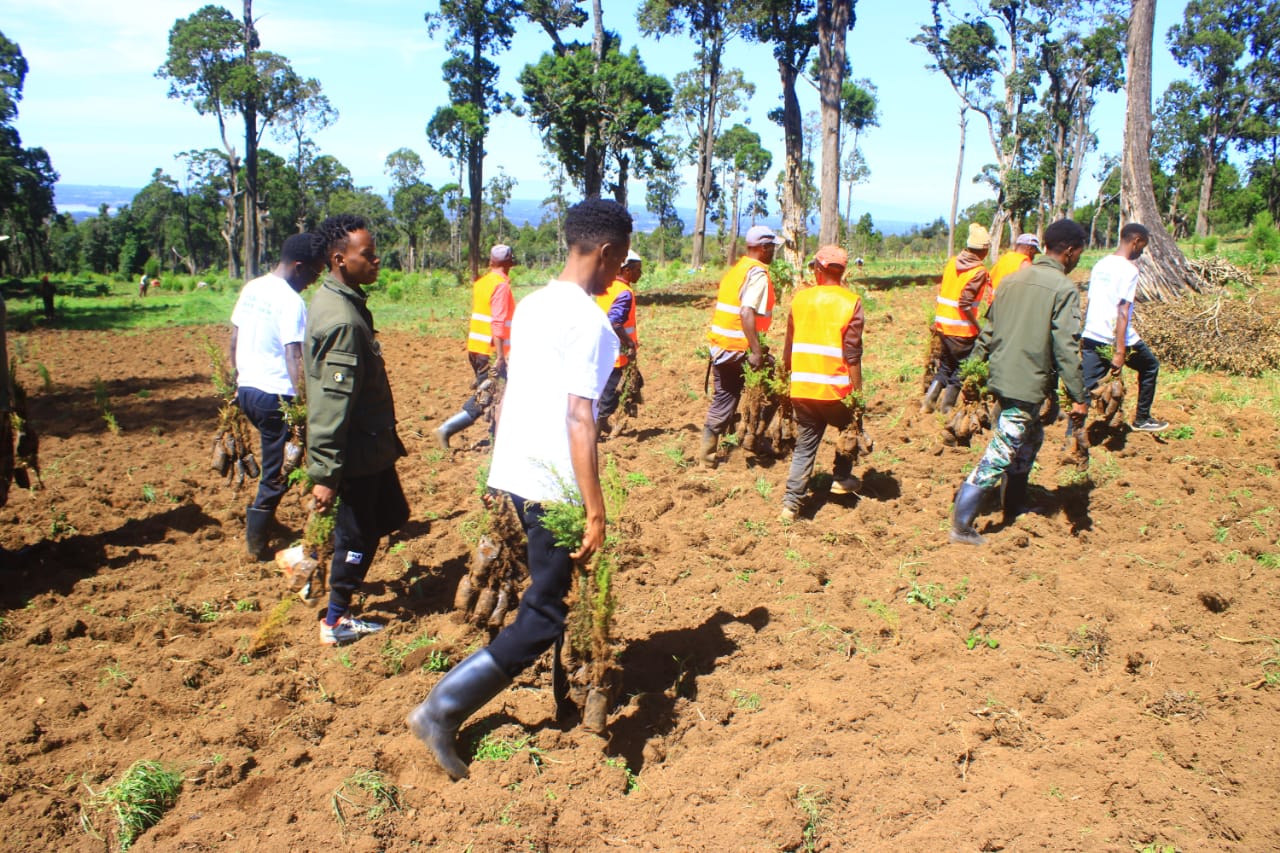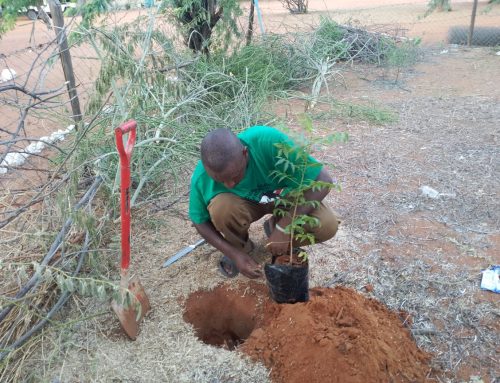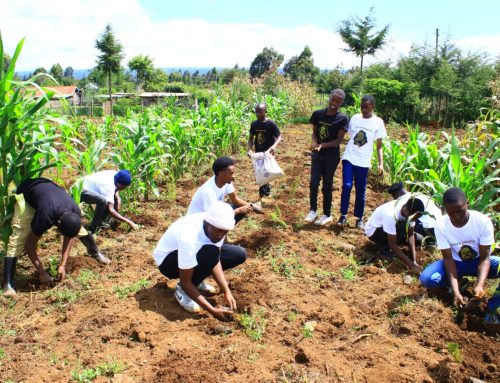Urgent Call for African Political Leadership Accountability on Climate Change
In the global discourse surrounding climate change, a concerning trend is emerging, with political elites diverting resources earmarked for climate change mitigation for personal gain. This poses a significant threat to the achievement of Sustainable Development Goals and the vision for a better global habitat for humanity. It is crucial that African leaders unite in a continental declaration, establishing a common position in the global climate process. The goal is to ensure that no country is forced to choose between its development aspirations and climate action.
In light of the anticipated increase in the frequency and intensity of climate crises, there is an urgent need for accountability and responsibility in political leadership to address and mitigate these challenges. This imperative declaration should inform, frame, and influence commitments, pledges, and outcomes, ultimately resulting in the development of the African Declaration on Climate Change.
Given that the government holds the sole mandate to create a conducive environment for current and future generations, the responsibility for climate change mitigation squarely rests on its shoulders. Commitment from the government is paramount in ensuring society adapts to the effects of climate change and achieves more efficient outcomes than would naturally occur.
Addressing existing market distortions, such as imperfect information about climate impacts and misaligned incentives in managing physical assets, is crucial. Policies and institutional arrangements, especially in climate-sensitive sectors like agriculture and the natural environment, must be prioritized. The government must also tackle behavioral barriers, including inertia and procrastination, which can hinder effective responses to climate change.
Adaptive capacity in people is paramount, considering that financial or other constraints often hinder their ability to respond to climate change. The government should invest in enhancing natural systems to adapt, considering the challenges posed by climate change exceeding the system’s ability to respond, the presence of other stresses, and the impacts of human activity. Failing to address these issues may lead to irreversible damage or extinction due to multiple pressures on the natural environment.
In conclusion, Evelyn Wanjugu Kimathi, CEO of the Dedan Kimathi Foundation, emphasizes the urgency of African political leadership accountability on climate change. The foundation stands as a beacon for this cause, advocating for a unified front to safeguard the environment for current and future generations.






